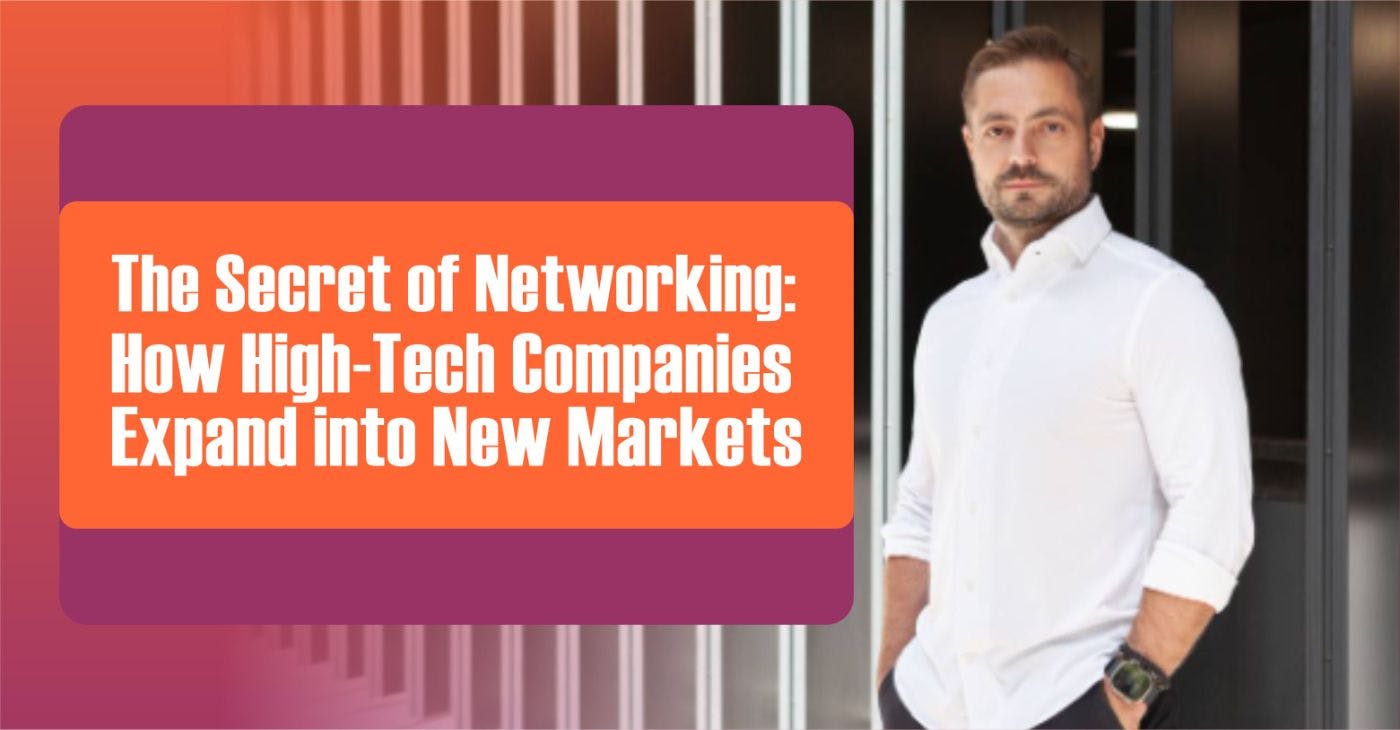Audio Presented by

Content Strategist & Tech Journalist | 4+ years in content creation | Expertise: PR, AI/ML, Finance, Tech |
Story's Credibility

About Author
Content Strategist & Tech Journalist | 4+ years in content creation | Expertise: PR, AI/ML, Finance, Tech |
